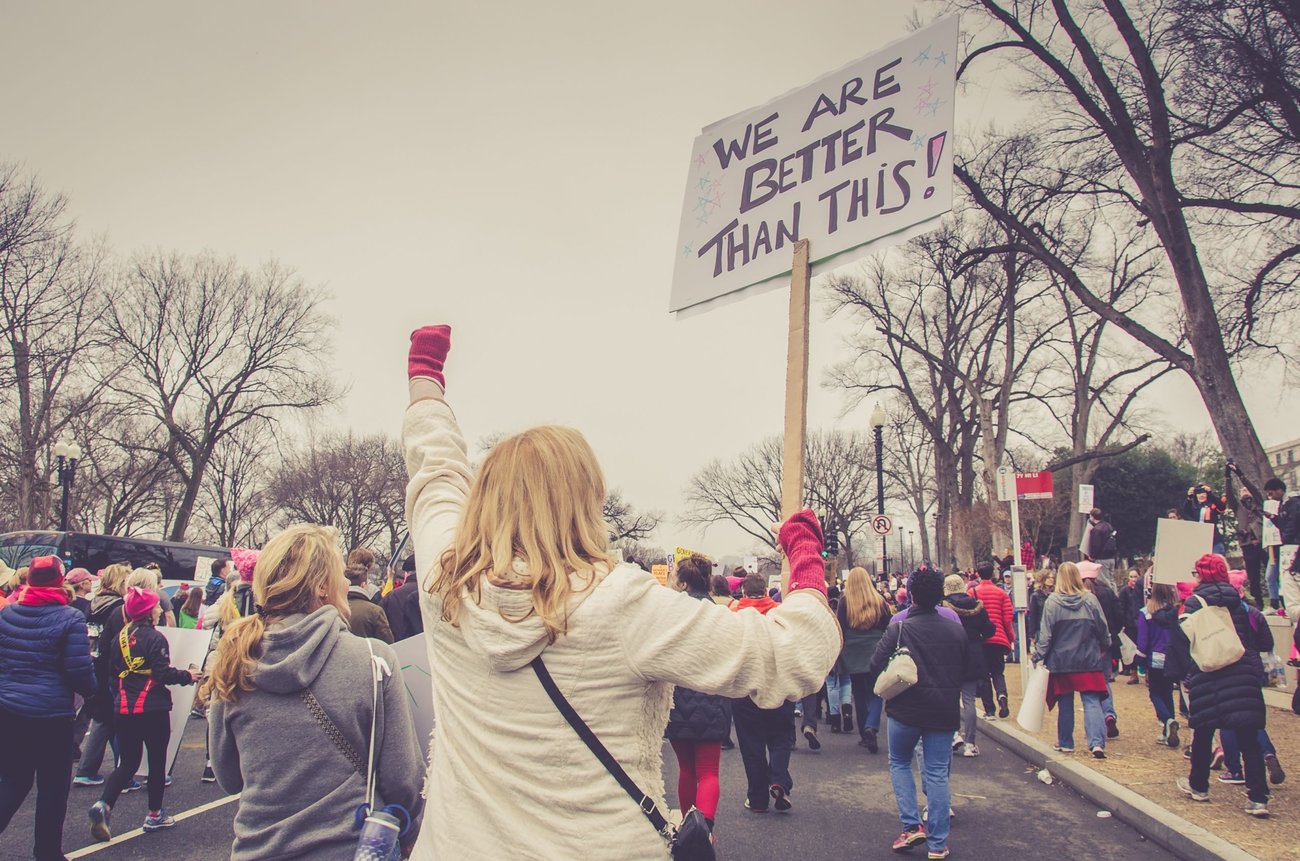Cultural shifts: How the world is shifting from wanting economic growth, to audacious change

Culture is a reflection of human reaction to tensions and developments in the world. Culture is shaped by people, but also shapes people. When something doesn’t sit right (like injustice) or something new is introduced (like mobile phones), people react against or for it. They write songs, form groups, invent things, buy things that reflect their stance, make up new words and so on. Through these signs and actions, what starts out as a desire for change by a small group can snowball into a big cultural shift as people make adjustments to their expectations, behaviours and values. Sometimes these shifts take years and other times they take decades – just think about what socially acceptable behaviour of men and women meant twenty years ago compared to today.
The world is audaciously changing
One cultural current we have been tracking for years is Audacious Change – a fundamental shift in our common understanding of how economic, political and societal structures are impacting people and our planet. Underlying this is the tension around economic growth and the awareness that a single-minded pursuit of growth has proved detrimental to individual, community, societal and environmental wellbeing.
The cultural backlash to mindless growth is also clear. Ikea’s head of sustainability claimed we had reached peak stuff back in 2016. We see affluent populations trying to declutter, detox, cut out plastic, minimise waste and spend more time in nature.
At the same time, we are experiencing or witnessing ecological destruction and extreme weather events caused by human impact on the climate. March on March demands equality, humanity and change for the planet, and late capitalism memes demonstrate the absurdities of capitalism today.
Business is changing, too. Circular economy principles are growing. B Corp certification and the balancing of purpose and profit is not something only small, idealistic startups are aiming for; Unilever and Danone have a strategy of acquiring B Corp certified businesses and Danone aims to become fully B Corp certified by 2030.
Otto Scharmer, co-founder of the MIT-affiliated Presencing Institute describes this change as an axial shift where “the coordinates of the economic discourse are shifting from the old debate between more government vs. markets, to more GDP vs. wellbeing.”
In the 21st century, GDP as a goal is unquestionably unfit. Rather than limitless growth, our goal needs to be “meet the needs of all people within the means of the planet”. Our mindset needs to aim to thrive, rather than grow.
From winner-takes-all, to winners are all
Since its inception, GDP has been acknowledged as an insufficient indicator of a country’s social progress and welfare. In 2019, New Zealand is one of the first governments in the world to reassess what success means, introducing a Wellbeing Budget focused more on ensuring New Zealanders’ wellbeing than improving GDP.
In their decision to take this bold step, the government cites research by economist Kate Raworth, who argues that we are using an out-of-date model of economics developed to solve 21st century problems.
Key drivers of audacious change

Source: TRA’s cultural currents
The concept of GDP was introduced in the 1930s and 1940s, itself a time of turmoil after two world wars and the Great Depression, but far less complex and globally interconnected with a third of the global population of today. The complexity of our situation today is compounded by – to name a few factors – unprecedented technological progress, having power and wealth concentrated in the hands of a few, increasing inequality and popular unrest, climate change and extreme weather, multiple economic powers and fragile political relationships.
In the 21st century, GDP as a goal is unquestionably unfit. Rather than limitless growth, our goal needs to be “meet the needs of all people within the means of the planet”. Our mindset needs to aim to thrive, rather than grow.
Raworth developed the “doughnut economics” model which demonstrates that to meet this goal, businesses need to reinforce the social foundation of human needs without overshooting the ecological ceiling.
The human needs in crisis and the resulting cultural shift is clear. In seeking rebalance, our government is on board and many businesses are leading us there – think, for example, of progress made in renewable energy, e-vehicles, circular models and peer to peer models.
Innovation and entrepreneurism are crucial to bringing this vision to reality because we know that customer belief and behaviour often don’t align.
Much like doing away with plastic bags at the supermarket, but feeling foiled by the amount of plastic packaging that they are still forced to buy, many people are trapped between their ideals and the reality of what is available and accessible to them as they go about their day.
Leading with justified audacity
Is your brand a doughnut brand? Far from the doughnut economics model being a restriction on business, it actually provides the parameters for meaningful innovation and value that bring human and ecological needs back into the equation. It demands creativity, cunning, entirely new ways of thinking. Growth as we know it is out of date and out of touch.
We need businesses to imagine a world beyond growth, as we know it is out of date and out of touch. We need businesses to imagine a world beyond growth, and to make it real.




